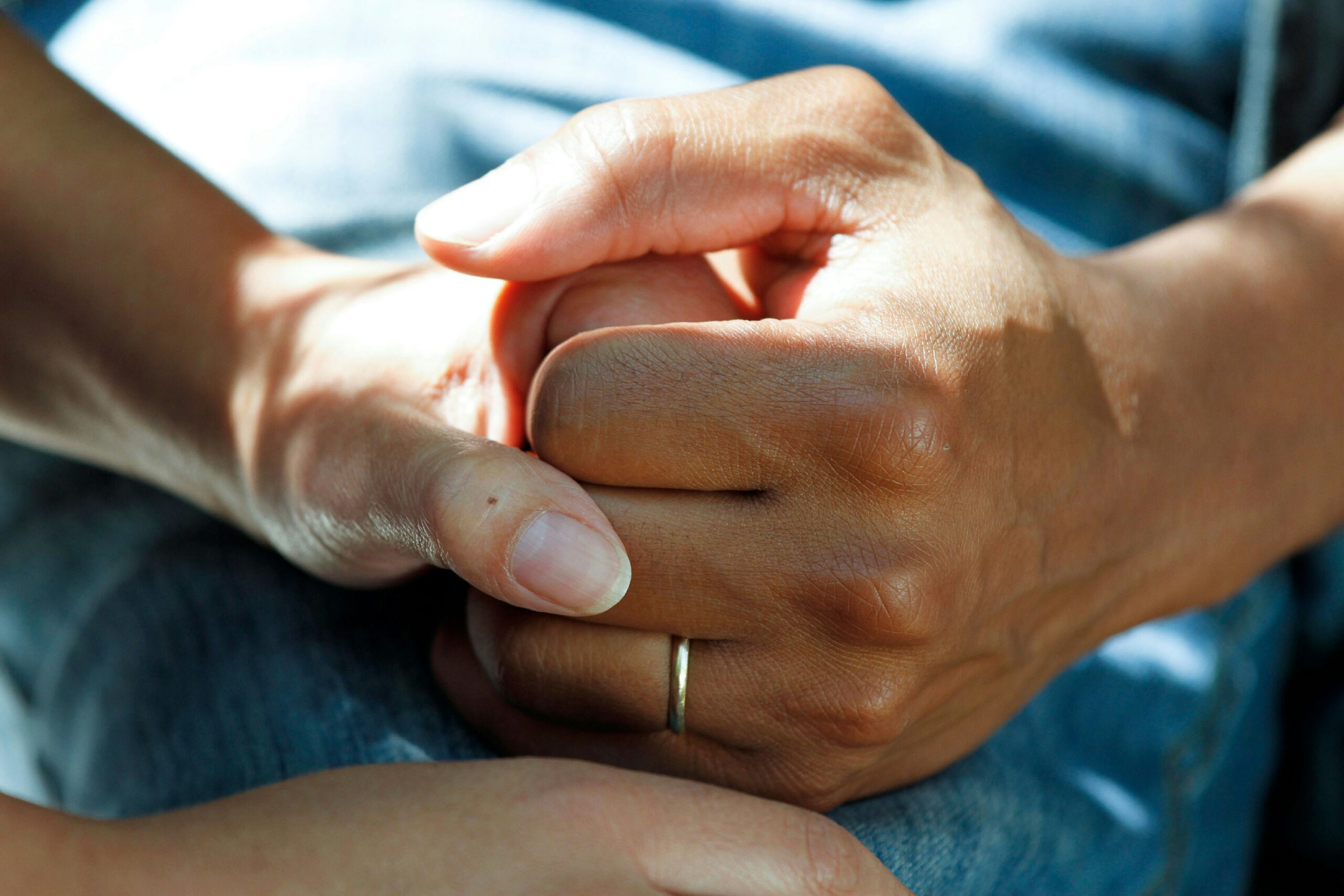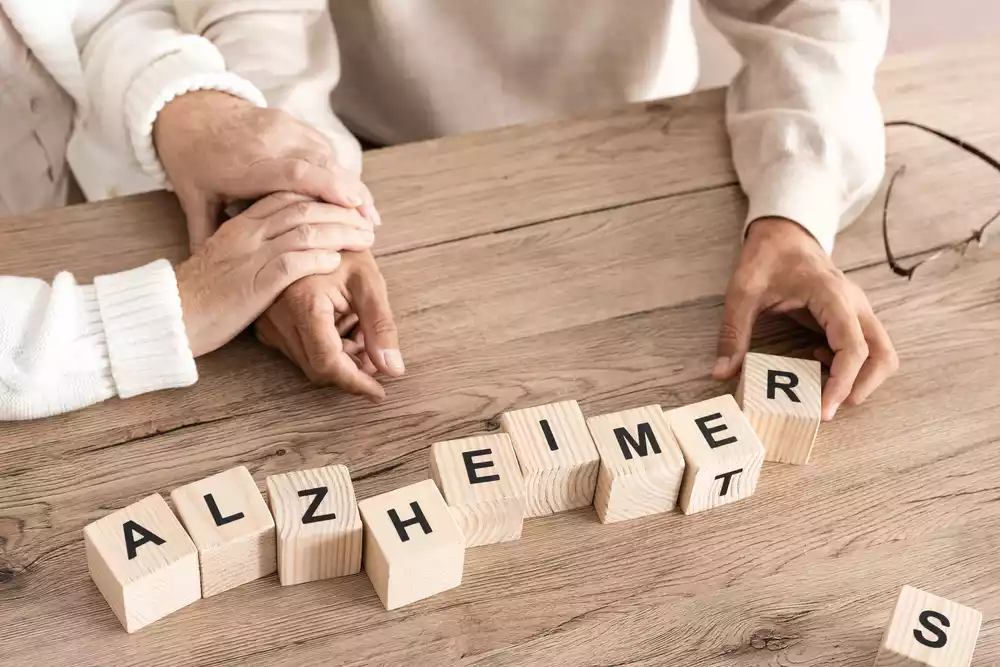Navigating the challenges of everyday life can be daunting, especially for those with physical or cognitive limitations. Daily living assistance offers a lifeline to individuals who need help with routine tasks, ensuring they can maintain their independence and quality of life. From meal preparation to personal hygiene, these services provide essential support.
As the population ages and healthcare needs evolve, the demand for assistance continues to grow. Families and caregivers seek reliable solutions that offer peace of mind and enhance the well-being of their loved ones. Understanding the scope and benefits of these services can make a significant difference in the lives of those who need them most.
What Is Daily Living Assistance?
Daily living assistance refers to services that help individuals perform everyday activities they may struggle with due to age, illness, or disability. Caregivers support tasks like bathing, dressing, meal preparation, and medication management, ensuring a higher level of independence and comfort for those in need.
Personal Care: Assists with hygiene tasks such as bathing, grooming, and oral care. This category ensures individuals maintain cleanliness and dignity.
Home Management: Includes housekeeping, laundry, and meal preparation. These tasks maintain a safe, clean, and comfortable living environment.
Medical Assistance: Involves managing medication schedules, monitoring health conditions, and providing first aid. This type of assistance often includes coordination with healthcare professionals.
Mobility Support: Offers help with movement-related tasks like transferring from bed to wheelchair or navigating stairs. This assistance improves the individual’s physical freedom and safety.
Transportation Services: Facilitates travel to appointments, shopping errands, and social activities. Reliable transportation is vital for maintaining social connections and accessing necessary services.
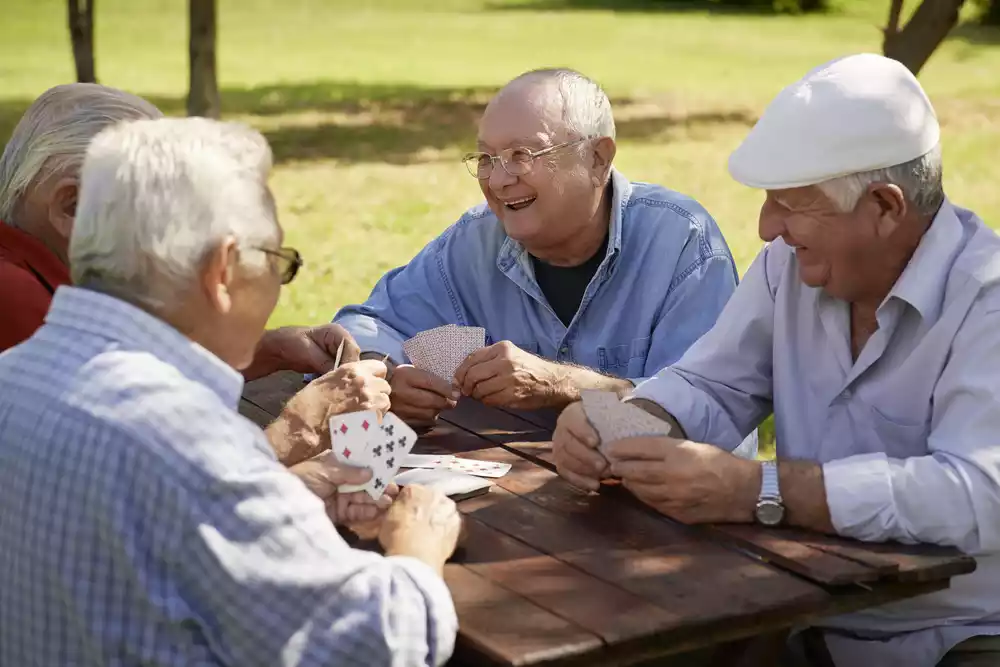
Who Needs Daily Living Assistance?
Daily living assistance benefits people facing physical or cognitive limitations. They require help with essential daily tasks to maintain independence and well-being.
Elderly Individuals
Elderly individuals often need assistance due to age-related issues like reduced mobility, chronic conditions, or cognitive decline. Help with personal hygiene, medication management, and meal preparation becomes essential. In retirement homes, comprehensive care services ensure residents receive the necessary support for daily living activities.
People With Disabilities
Individuals with disabilities may struggle with various daily tasks, regardless of age. Assistance covers a broad range of needs, from personal care to home management. Mobility support is particularly vital for those with physical disabilities. Customized assistance helps maintain their quality of life.
Individuals Recovering From Illness
People recovering from illnesses or surgeries often need temporary support. Daily living assistance aids in recovery by managing tasks they can’t perform due to weakness or medical restrictions. This support can include wound care, medication administration, and help with mobility to ensure proper rehabilitation.
 Key Services Provided in Daily Living Assistance
Key Services Provided in Daily Living Assistance
Daily living assistance offers various crucial services helping individuals maintain their independence and improve their quality of life. Below are detailed key services provided.
Personal Care Services
Personal care involves aiding individuals with activities of daily living (ADLs). These services include help with bathing, dressing, grooming, and toileting. Trained caregivers ensure that individuals receive dignified care, tailored to their specific needs. This type of assistance is often vital for elderly individuals and those with physical limitations who need consistent support to maintain their personal hygiene and overall well-being.
Meal Preparation and Nutrition
Meal preparation ensures that individuals consume balanced and nutritious meals. Care providers plan, shop, and cook meals according to dietary needs and preferences. This service is especially important for people who cannot prepare meals themselves, such as those in retirement homes or with disabilities. Proper nutrition support contributes to better health outcomes by managing chronic conditions and preventing malnutrition.
Transportation and Errand Assistance
Transportation services help individuals attend medical appointments, social activities, and run errands. Reliable transportation enhances social engagement and ensures access to necessary services, which is crucial for people with mobility issues or those who don’t drive. Errand assistance includes tasks like grocery shopping, prescription pickups, and other essential outings. This service ensures that individuals can live independently without the stress of handling these tasks alone.
 Benefits of Daily Living Assistance
Benefits of Daily Living Assistance
Improving Quality of Life
These services help with personal hygiene, meal preparation, and medication management, ensuring individuals live healthier and more comfortable lives. For instance, professional caregivers can tailor assistance to an individual’s preferences and requirements, making each day more enjoyable and reducing stress.
Fostering Independence
Many individuals, especially in retirement homes, regain a sense of autonomy with the right support. Assistance with mobility, transportation, and daily tasks allows individuals to maintain their routines and lifestyle choices. This support helps them stay engaged and active, contributing to their overall mental and emotional well-being.
Enhancing Safety and Security
Caregivers help reduce the risk of accidents and injuries by ensuring safe environments and assisting with potentially hazardous activities like bathing and moving around. These services also provide peace of mind for family members, knowing their loved ones are in a secure and caring setting.
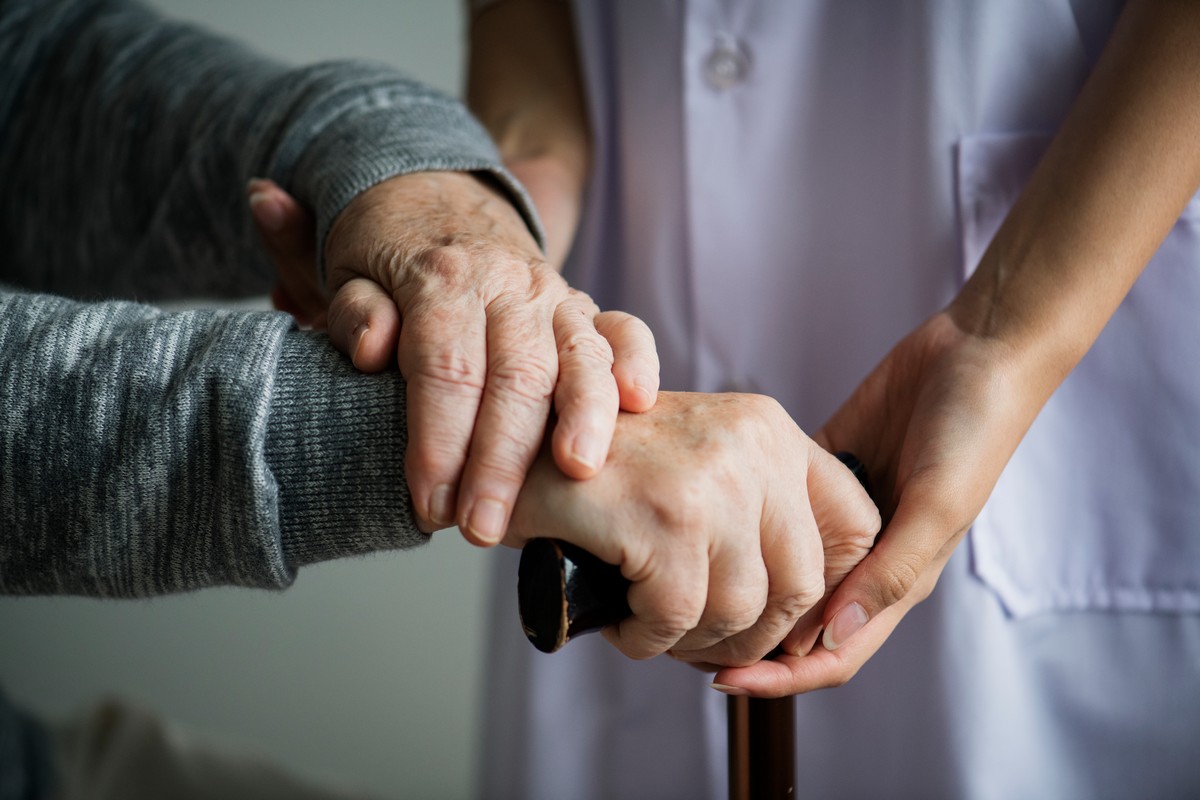 When a Retirement Home Is the Better Option
When a Retirement Home Is the Better Option
While daily living assistance at home can significantly enhance an elderly individual’s quality of life and independence, there are circumstances where a retirement home might be a more suitable option. Retirement homes offer a structured environment, 24/7 medical care, and comprehensive support that might be challenging to provide at home. They are designed to cater to a wide range of needs, ensuring that residents receive the appropriate level of care.
In retirement homes, residents benefit from a community setting that can alleviate feelings of isolation. Social interactions, organized activities, and communal dining foster a sense of belonging and enhance mental and emotional well-being. Additionally, the availability of emergency medical services ensures prompt attention in case of health issues.
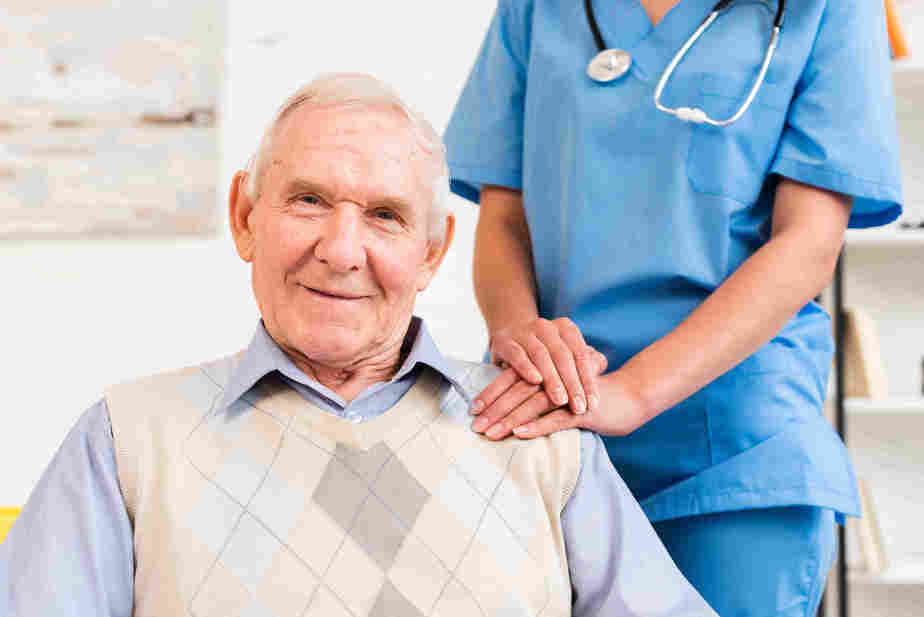
Casa de Retiro El Mirador
If you or a loved one needs more comprehensive daily living assistance, consider Casa de Retiro El Mirador, one of the best Mexico retirement homes. We provide tailored care plans, experienced staff, and a vibrant community to support your needs. Contact us today to learn more about how we can enhance the quality of life for you or your loved ones.






